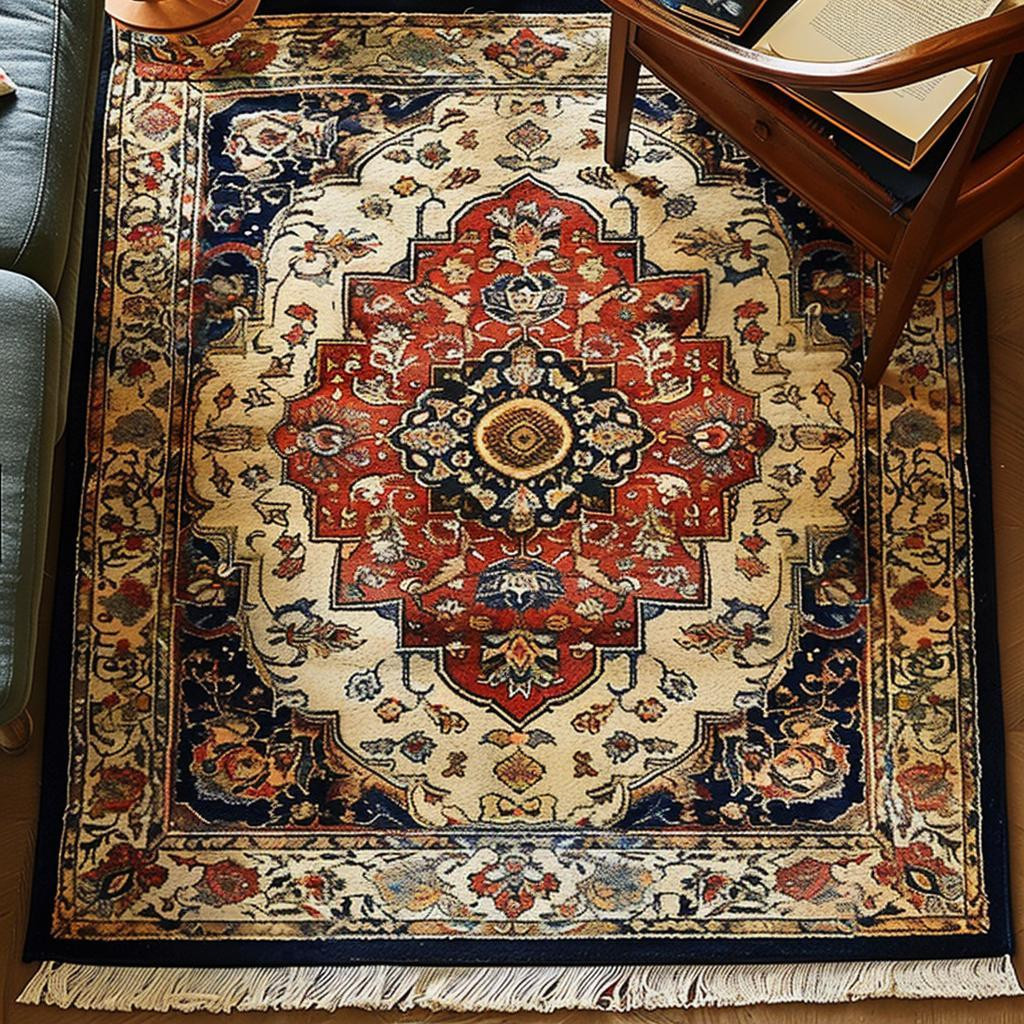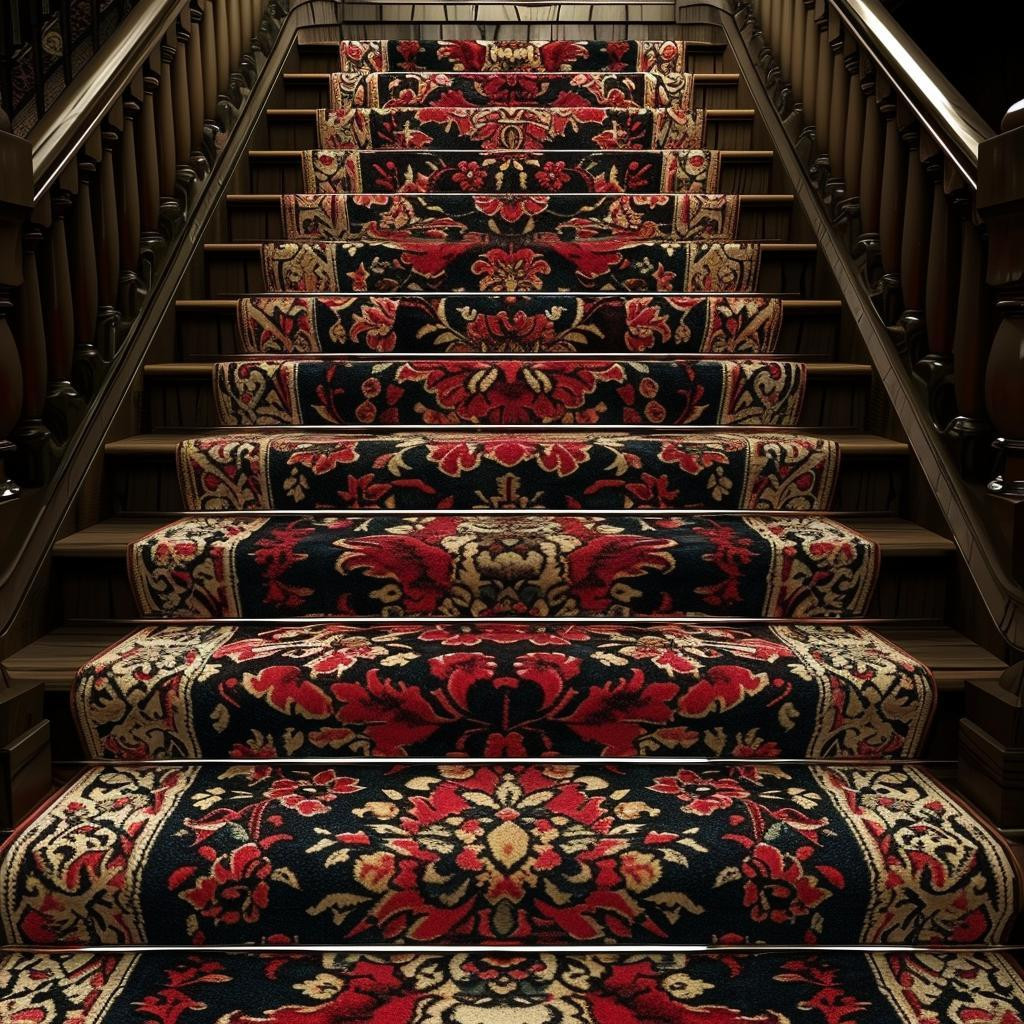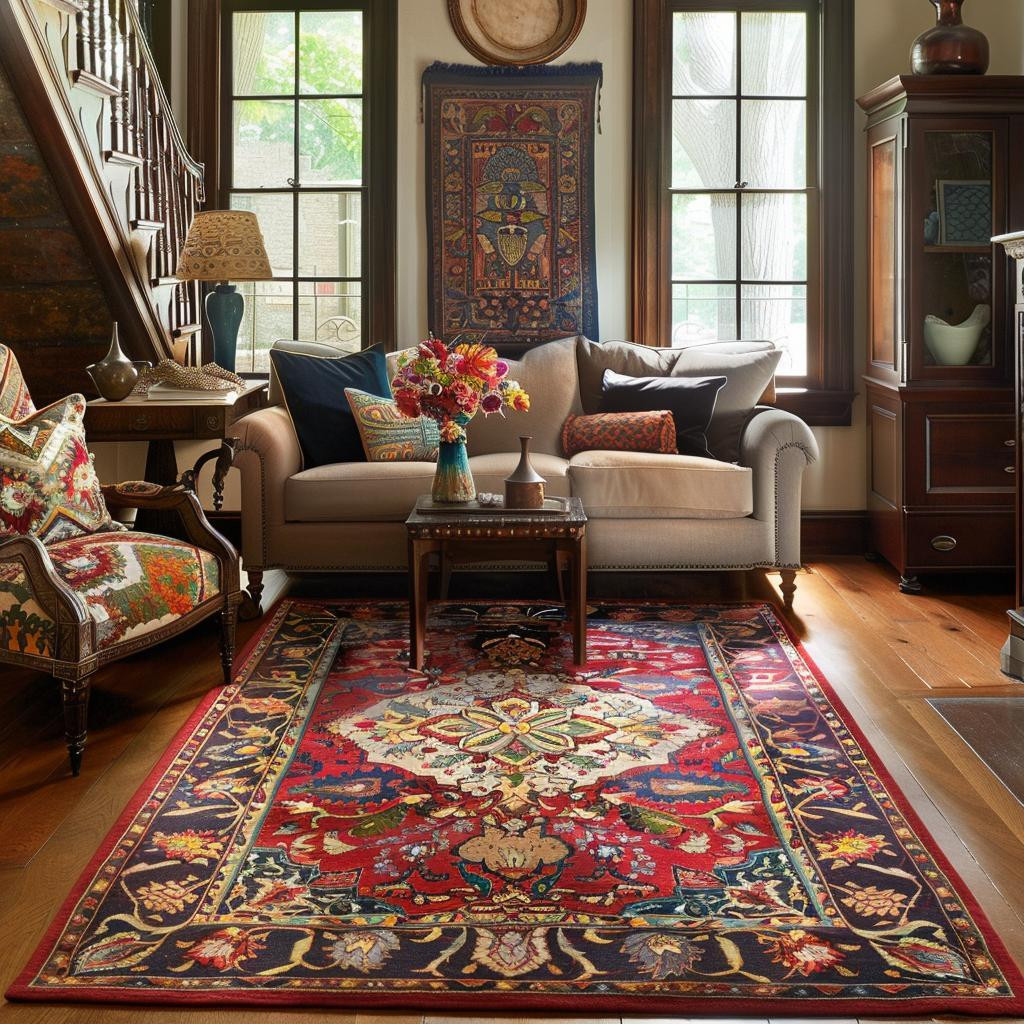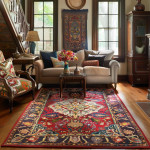Properly wrapping and storing your rugs ensures they remain in excellent condition during periods of non-use. Whether you’re storing a precious heirloom or a decorative rug, taking the right steps before tucking it away can make all the difference. This process might seem daunting, but breaking it down into manageable steps makes it simpler and more effective.
Preparing the rug for storage involves careful cleaning and drying to prevent damage from dirt or moisture. Once the rug is clean and dry, choosing the right materials and tools for wrapping is crucial. Using appropriate wrapping techniques protects the rug from dust, pests, and physical damage while in storage.
By following a step-by-step process, you can be confident that your rug is well-protected. Additionally, knowing the best practices for storing wrapped rugs helps maintain their quality over time. With a little effort and attention to detail, your rug will be ready to unroll and display whenever you need it.

Preparing Your Rug for Storage
Cleaning the Rug
Before wrapping and storing your rug, it’s essential to clean it thoroughly. Dirt, dust, and other particles can cause significant damage over time if left unchecked. Start by vacuuming both sides of the rug to remove loose dirt. Pay special attention to fringes and edges where dirt tends to accumulate.
For deeper cleaning, use a mild detergent and cold water to gently wash the rug. Avoid using harsh chemicals that can weaken the fibers. Spot clean any stains to prevent them from setting and causing permanent damage. Steve Perez, CEO of Alamo Rug Cleaning, recommends, “Always test a small, inconspicuous area first before applying any cleaning solution to the entire rug.”
Drying the Rug Completely
After cleaning, it is crucial to dry the rug thoroughly to prevent mold and mildew growth. Lay the rug flat in a well-ventilated area, preferably outdoors, but away from direct sunlight which can fade colors. Flip the rug occasionally to ensure both sides dry evenly.
Make sure the rug is completely dry before moving on to the next step. Any remaining moisture can cause long-term damage once the rug is wrapped and stored.
Materials Needed for Wrapping Your Rug
Choosing the Right Wrapping Material
Selecting the proper wrapping material is vital for protecting your rug during storage. Breathable materials like muslin or Tyvek are excellent choices, as they allow air circulation while keeping dust and pests at bay. Avoid plastic materials, as they can trap moisture and lead to mold growth.
For additional protection, consider using acid-free tissue paper. This acts as a buffer layer between the rug and the outer wrapping material, preventing any potential chemical reactions that might damage the fibers.
Essential Tools and Supplies
Having the right tools and supplies will make the wrapping process easier and more effective. Here’s a list of essential items:
- Clean, breathable wrapping material (muslin or Tyvek)
- Acid-free tissue paper
- Cotton twill tape or soft twine for tying the rug
- Scissors for cutting wrapping material and tape
- A clean, flat surface for rolling the rug
These supplies ensure that your rug is securely and safely wrapped. By using appropriate materials and tools, you minimize the risk of damage and keep your rug in pristine condition during storage.
Step-by-Step Wrapping Process
Rolling the Rug Properly
Rolling your rug correctly is the first step in ensuring its protection during storage. Start by laying the rug flat on a clean surface. If your rug has fringes, tuck them in carefully to avoid damage. Roll the rug from the short end to the other, keeping it as tight and even as possible. This method prevents creases and makes the rug easier to manage.
For additional protection, place a layer of acid-free tissue paper between the folds as you roll the rug. This helps absorb any residual moisture and prevents friction between the layers, which can cause wear.
Sealing the Rug
Once the rug is rolled, you need to seal it properly to protect it from dust, pests, and moisture. Use a breathable material like muslin or Tyvek to wrap the rug. Secure the wrapping with cotton twill tape or soft twine to avoid damaging the fibers. Avoid using plastic materials that can trap moisture and lead to mold growth.
Steve advises, “Proper sealing is crucial for protecting the rug from environmental factors, ensuring it remains in good condition.” Make sure the ends are tightly sealed but not overly constricted to allow some air circulation.
Best Practices for Storing Wrapped Rugs
Selecting the Ideal Storage Location
Choosing the right storage location is vital for keeping your wrapped rug safe. The ideal location should be cool, dry, and away from direct sunlight to prevent fading and fiber damage. Avoid basements and attics where temperature and humidity levels can fluctuate, leading to mold and mildew.
Regular Inspection and Maintenance
Regularly inspecting your stored rugs helps detect potential problems early. Check for signs of pest infestation, mold, or damage. If you notice any issues, address them immediately to prevent further harm.
It’s also a good practice to unroll the rug every few months to let it breathe and then re-wrap it. This helps maintain its shape and allows you to inspect it thoroughly. The Smithsonian Institution provides guidelines on proper rug care and storage, including regular inspection tips.

Conclusion
Wrapping and storing rugs safely involves careful preparation, the right materials, and mindful storage practices. Cleaning your rug, drying it completely, rolling and sealing it properly, and selecting the best storage location are essential to its preservation. Regular inspections are crucial to catch any issues early and ensure the rug remains in pristine condition.
By following these guidelines, you protect your investment and extend the life of your rug. Trusting professional services like Alamo Rug Cleaning can also provide peace of mind, knowing your rug is in expert hands.
For comprehensive rug wrapping and storage solutions, contact Alamo Rug Cleaning today. Their dedicated team is here to help you maintain and protect your cherished rugs.




